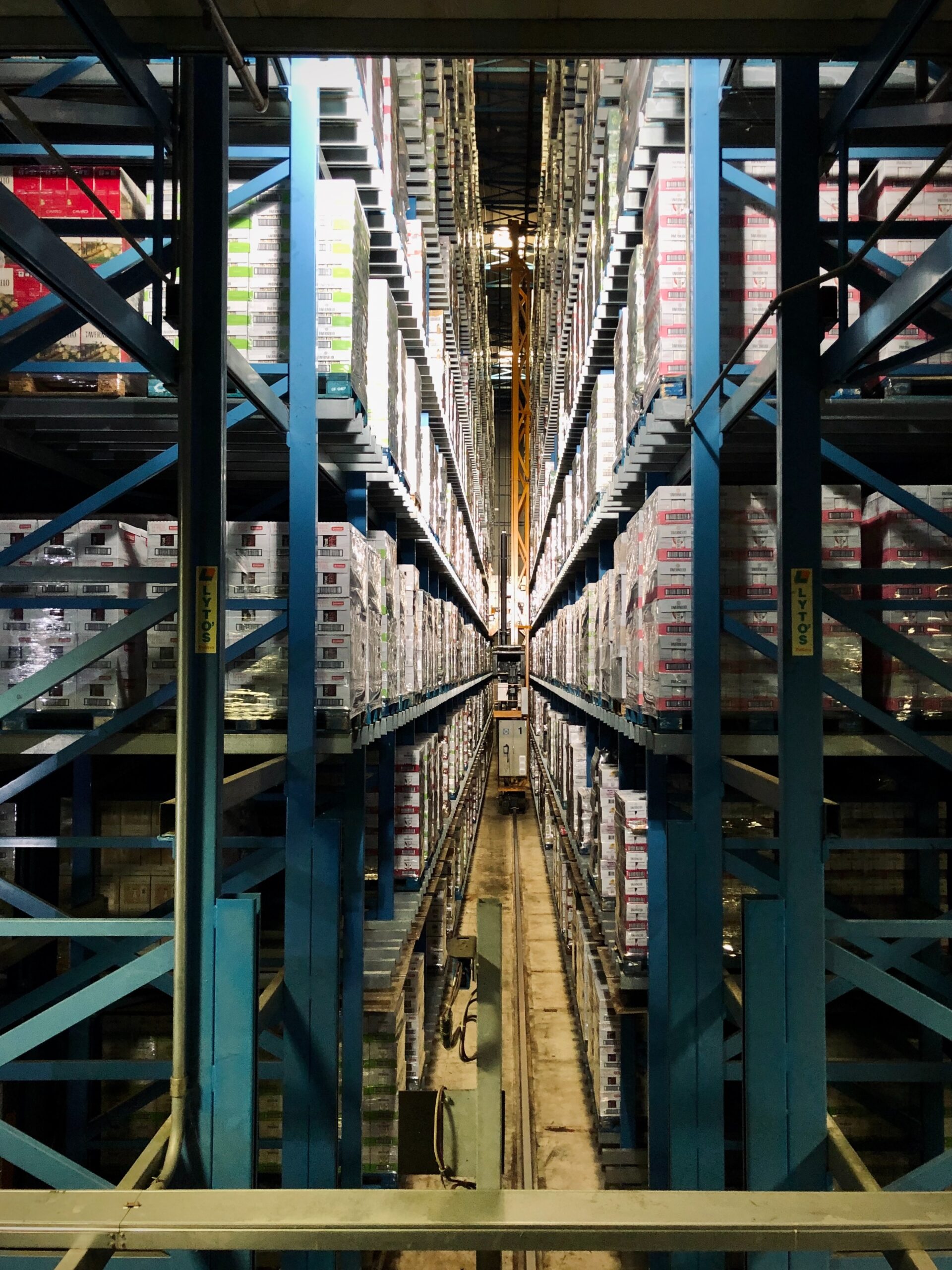This has become a huge problem in pretty much every industry and since we are talking about SCM at the moment, the impact of producing, transporting, and receiving counterfeited goods implies that time, money, and resources are wasted at 3 different levels. Therefore, the cons are unimaginable!
According to a report, it is estimated that by the end of 2020, the value of (Global) counterfeiting is expected to hit about $1.82 trillion, which is more than the total net worth of many industries combined! This statistic suggests that counterfeiting is an International problem and the issues raised by this unethical practice undermine several associated industries. So, it must be curbed on a priority base with the help of efficient provenance.
Moreover, there is a dire need to introduce series of checks during exploration, extraction, production, and transportation to ensure that integrity is maintained right from the exploration of raw material until the time the final product reaches the consumer.
